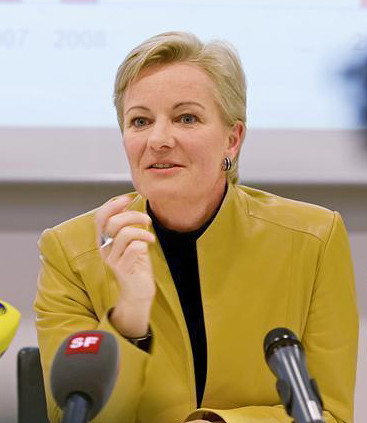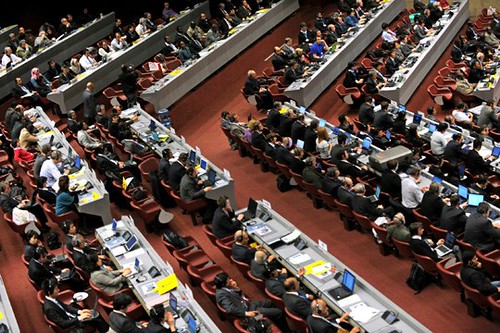Kick Out The Jams
Tuesday, February 21st, 2012
Governments have jammed satellite reception for years, most recently in Libya, Egypt, Bahrain, et. al. Broadcasters have been complaining for years, but now they’ve the got power of the ITU behind them.
At the WRC-12, the ITU membership voted in favor of government to take “necessary actions” when satellite broadcasts are jammed. The European Broadcast Union, along with media freedom-fighters, human rights advocates and broadcasters such as the BBC, Deutsche Welle, Radio France Internationale, RFE/RL, Inc.’s Radio Farda. Radio Netherlands Worldwide (RNW), and Voice of America.
Naturally, the EBU was jumping for joy yesterday:
The change, adopted by 165 member states of the WRC (out of 193 ITU members), was to article 15.21 of the regulations, which now reads, “If an administration has information of an infringement of the Constitution, the Convention or the Radio Regulations (in particular Article 45 of the Constitution and No. 15.1 of the Radio Regulations) committed by a station under its jurisdiction, the administration shall ascertain the facts and take the necessary actions.”
Ingrid Deltenre, Director General of EBU said, “From the EBU’s point of view, this decision taken by so many countries participating in WRC-12 is a first important step in the right direction. Now we expect ITU services to be vigilant and ready to react to deliberate attempts to obstruct the free flow of information.”
What “necessary actions” might be remains to be seen.



